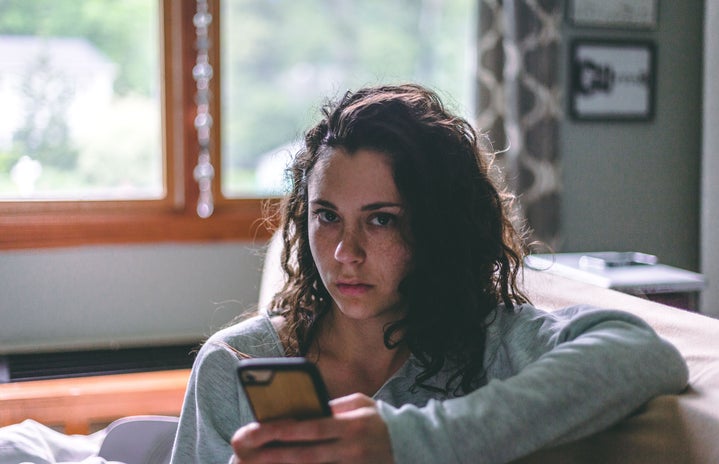Last year we saw the extent to which the COVID-19 pandemic affected different aspects of our lives. Now, as we begin to emerge from the pandemic and “return to normalcy”, it’s time to consider to what extent the pandemic has shaped our lives. If anything, the pandemic has illustrated how important social interaction is for our overall well being. But after being deprived of social interactions for over a year, social lives are proving to be more difficult than we remember.
After months of Zoom classes and being separated and isolated from friends, the sudden return to pre-pandemic sociability is proving to be harder than anticipated for college students. Unsurprisingly, we have grown accustomed to the life of going to class from bed and generally needing less energy to go about our days. When we no longer have to worry about expending energy on social interactions, we get used to it. The lack of social events over the past year has been a detriment to our social skills and batteries.
At the beginning of this semester, I found that I was struggling between two things: wanting to experience everything I missed out on during my freshman year and over-depleting my social battery. I’ve always considered myself an extrovert but the first couple weeks back at school this semester threw me right into an existential crisis where I began to doubt whether I was truly a people person or not. I mean, how could I be if I didn’t have the energy to go out on both Friday and Saturday night?
It wasn’t until I finally voiced these feelings to my roommates that I realized I wasn’t the only one feeling this way. Of a survey of 20 college students, 60% reported feeling that their social batteries (i.e. tolerance for social settings) is lower than it used to be. None of us are alone in feeling this way. It makes sense that after a year and a half of going to school from our rooms and primarily talking to friends over FaceTime or Zoom, we need some time to readjust and remind ourselves what it’s like to interact with people in person, where mute buttons and “camera off’ aren’t options.
In the same survey, 60% of participants also reported that they feel as if they have forgotten how to be social creatures or how to use their social skills. One participant wrote, “I find I’ve almost forgotten how to form solid friendships, and it’s taken some time to relearn these skills.” These kinds of feelings are unsurprising given the amount of time we spent not employing our social selves. As we hid behind laptop and phone screens, it became far too easy to communicate without actually connecting with others. Now that we don’t have those same crutches anymore, it is proving to be quite difficult to bring to the table the same energy we used to pre-pandemic.
So, don’t let the snap stories fool you, you are under no obligation to be back at 100% sociability.
You shouldn’t feel guilty for not wanting to go out every time the opportunity arises. If this pandemic has taught us anything, it’s that personal boundaries are important and people can learn to respect them. Moral of the story? You’re not alone. So take the night off, curl up in bed, and watch a movie if that’s what your heart desires.


